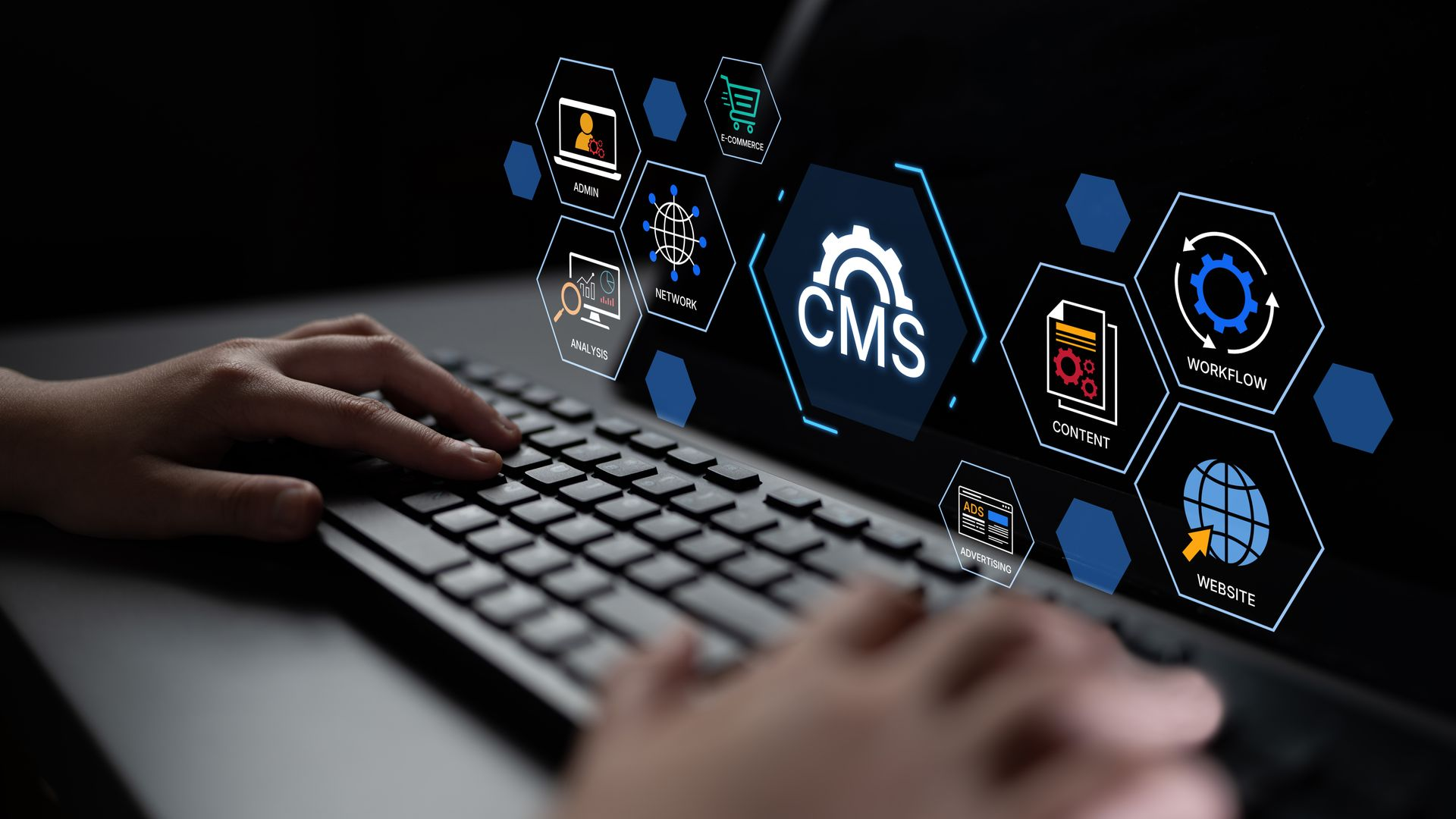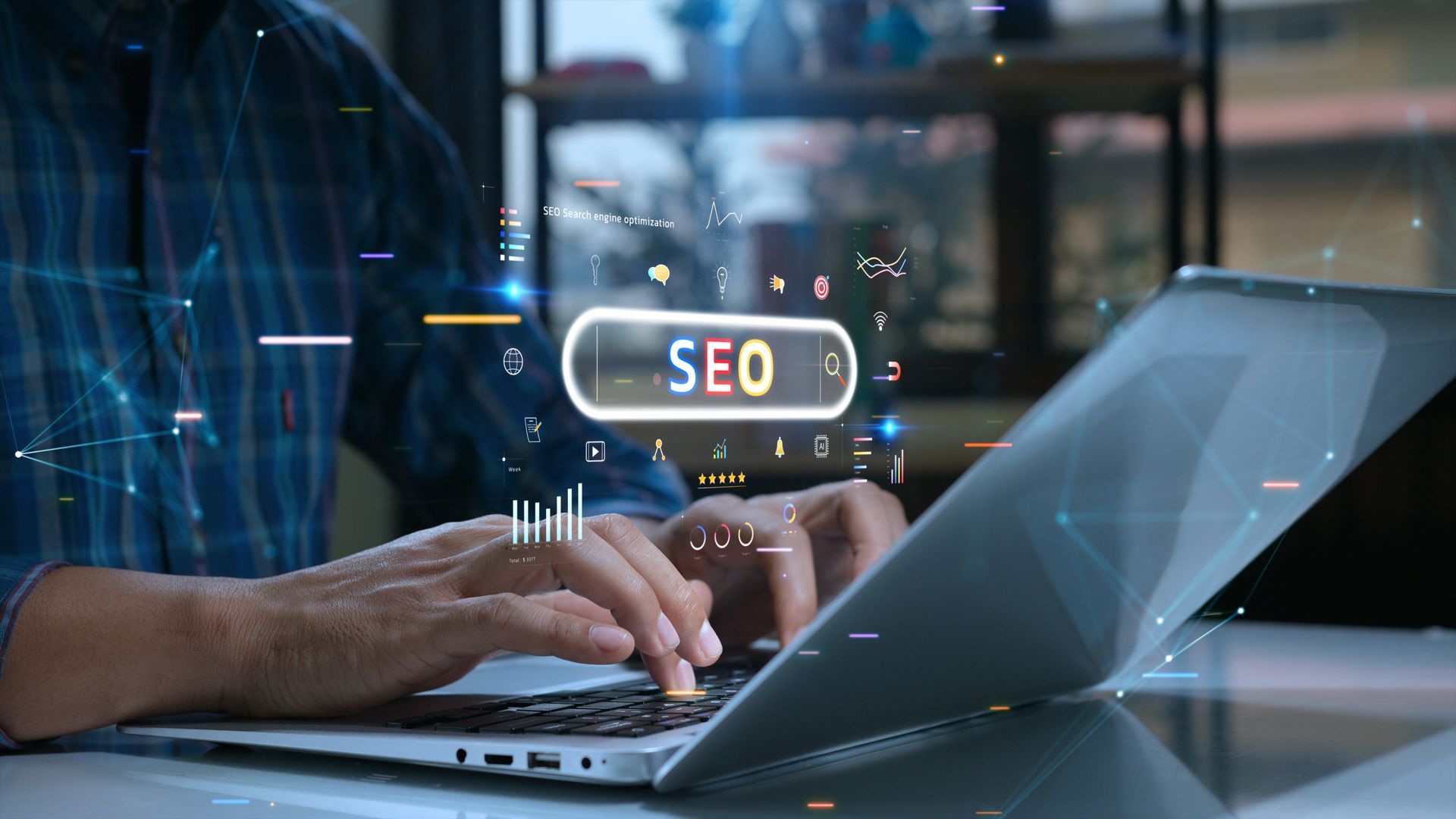Artificial Intelligence Is Coming Whether You Like It Or Not
I'm going to forewarn you that if you're not familiar with this topic, it might sound like science fiction. You might wonder if you've stumbled across a conspiracy forum, or a script for a sci-fi movie...
But the truth is, we're living in incredibly interesting times. Not only are we observing the significant impact of computing technology on practically every industry you can think of, but the rate of how fast these industries are changing is also becoming faster. Much of this innovation is due to the interconnectedness of information and communication made possible by the internet and the devices we use to access it. The first modern smartphone was revealed less than a decade ago, and now it's arguably the most important and useful tool in the lives of more than 2 billion people worldwide. And that number is growing quickly. One might argue that a device that allows practically unlimited access to information has evolved our capabilites as human beings. But what if that was only the tip of the iceberg?
The early days of AI
Artificial Intelligence (AI) is coming. In some ways, it's already here -- but only in a very elementary form. We enjoy reading stories about modern innovators in computing -- people like Steve Jobs and Bill Gates. But most people living in 1975, when Bill Gates was working on Microsoft BASIC, likely couldn't imagine the impact that ubiquitous personal computing would have on their lives. In terms of the AI timeline, we're probably living in the equivalent of those days right now.
If you're reading this, you've probably used Apple's Siri, Google's "Google Now," or Microsoft's Cortana before. You may have texted back and forth with a chatbot. And yes, these are all rudimentary forms of Aritificial Intelligence, but they haven't really scratched the surface of what's possible yet. They know how to store and recall personal data about you, how to provide you with the weather or directions based on your location, or to search for information based upon voice recognition. But they don't really understand you, and their complexity is still only nearing that of a mouse's brain, much less a human's. But they're getting better. A lot better. And one day, we may no longer be the most intelligent beings on this planet.
Truth be told, we don't actually know what the upper limitations of an AI could be. Maybe there's a hard limit, but maybe there isn't, and maybe it won't be long until they're more intelligent than we are. Google's DeepMind AI recently made waves by beating one of the world champions of the game Go, an achievement that was previously not expected of AI's capabilities for several more years.
What makes AI different?
You may already be familiar with how programming works, but if you're not, here's a bird's eye view of it. Traditional computer programming is performed by providing a computer with highly explicit, unambiguous instructions: Do x. if y, then do z. What sets AI apart is that we are attempting to give the computer the tools for learning by itself. The predominant strategy is known as "deep learning," wherein programmers attempt to build a complex neural network that works much like the way we believe the human brain does.
As a very rough example, you can make a car get from one address to another by giving it detailed, specific instructions: Accelerate to 45 mph. Move forward 500 feet. Turn right. If you get within 50 feet of another car, slow down to 30 mph.
It is another thing entirely to tell an autonomous car "take me from my house to the grocery store." The car itself must interpret, analyze, and act upon data by itself. It must learn how to do so efficiently and safely while navigating its environment. This, I think we can agree, is far closer to how a living organism operates.
Google's 'AlphaGo' AI became a master of Go by playing itself over and over and becoming better at the game over time. It learned to ancticipate unpredictable moves by an opponent, and was able to react with highly creative strategies. Even by experts in the field of machine-learning, this was an incredible moment.
What does this have to do with marketing? Context. Is. Everything.
As marketers, understanding people and context are arguably the most essential aspects of what we do. Everything must be targeted precisely. You don't want to misunderstand your audience, and you don't want to annoy them by trying to give them something they aren't looking for. Understanding and solving these kinds of problems are exactly what an AI might be able to excel at. An AI could quickly draw actionable conclusions from thousands of different data points that would take a person an eternity to analyze. As a tool, this will become invaluable to marketers who are trying to optimize their message for the kind of person with whom it is most likely to resonate.
And if you're a consumer worried about being bombarded, fear not. Imagine for a moment that it's a quiet weekend and you're looking to get out of the house and find something to do. As it is today, you could easily search Google and find a list of events in your city. But these will likely just be a general list that only caters to a few parameters such as location, date, and type of event. Now, imagine the same search with the power of AI, which can take into account:
Who is the user?
Where is the user?
What are they searching for?
What have they searched for in the past?
What are their interests?
Do they have allergies?
What device are they using?
What's the weather like in their area?
What's coming up on their calendar?
What kind of experiences do they tend to enjoy?
Conversely, what do they dislike?
These are only a few of the many data points an AI could draw from. It could potentially take all of this into account instantaneously and draw the singular best solution for a person's problem or search, with a superhuman understanding of their context. And this is only an example in regards to personal interests, nevermind the potential for AI breakthrough improvements in areas like healthcare and technology. The possibilities are simply mind-boggling.
If any of this sounds scary, there's another underappreciated benefit of a computer that can understand you so well. While the past couple decades have introduced incredible advances in computer technology, they've also introduced a lot of friction in our lives. Desktops, laptops, tablets, smart phones, smart watches, smart thermostats, smart homes: we have a vast array of computing interfaces and services that we manually interact with on a daily basis. There's also the compulsion to check social media, app notifications fighting for attention, and the necessity of keeping up with emails, lest we miss something important. All of these things are continuously pushed into the foreground of daily life.
But an AI could reduce the digital clutter by understanding what's important and necessary in your current context and what isn't. Maybe you don't need to be interrupted from a productive hour by a company's newsletter or a friend's joking text message, but an urgent message from a family member will still find you. Or when you get a video call, you won't have to worry about all your devices ringing at once. The retail coupon you received earlier in the week doesn't need your attention until you've entered that company's store. It will provide the best of both worlds by surfacing information only when it's appropriate, and fading into the background when it isn't. This means less time spent managing your digital life and more time available for family, friends, the pursuit of personal goals, and creative fulfillment.
AI has the potential to be one of the most important inventions in human history. Its impact cannot be overstated, and it will hopefully empower and enrich all of us -- marketers, consumers, programmers, and doctors alike, to live better, more fulfilling lives.








